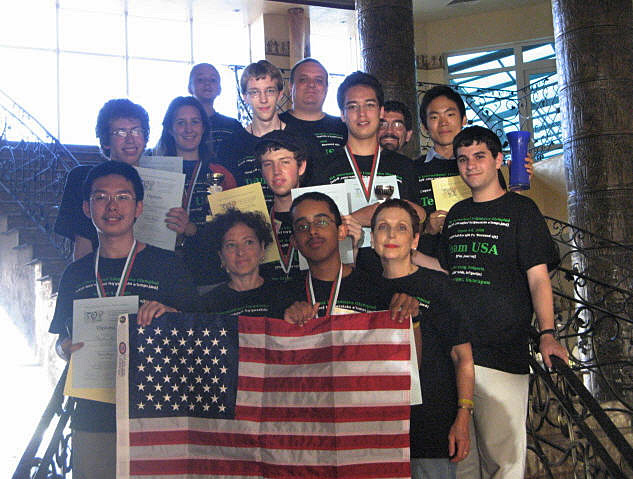 According to Dennis Wagner, "Typo vigilantes answer to letter of the law", The Arizona Republic, 8/22/2008:
According to Dennis Wagner, "Typo vigilantes answer to letter of the law", The Arizona Republic, 8/22/2008:
Two self-anointed "grammar vigilantes" who toured the nation removing typos from public signs have been banned from national parks after vandalizing a historic marker at the Grand Canyon.
Jeff Michael Deck, 28, of Somerville, Mass., and Benjamin Douglas Herson, 28, of Virginia Beach, Va., pleaded guilty in U.S. District Court in Flagstaff after damaging a rare, hand-painted sign in Grand Canyon National Park. They were sentenced to a year's probation, during which they cannot enter any national park, and were ordered to pay restitution.
We discussed Deck and friends in "Angry linguistic mobs with torches", 4/16/2008.
Read the rest of this entry »




